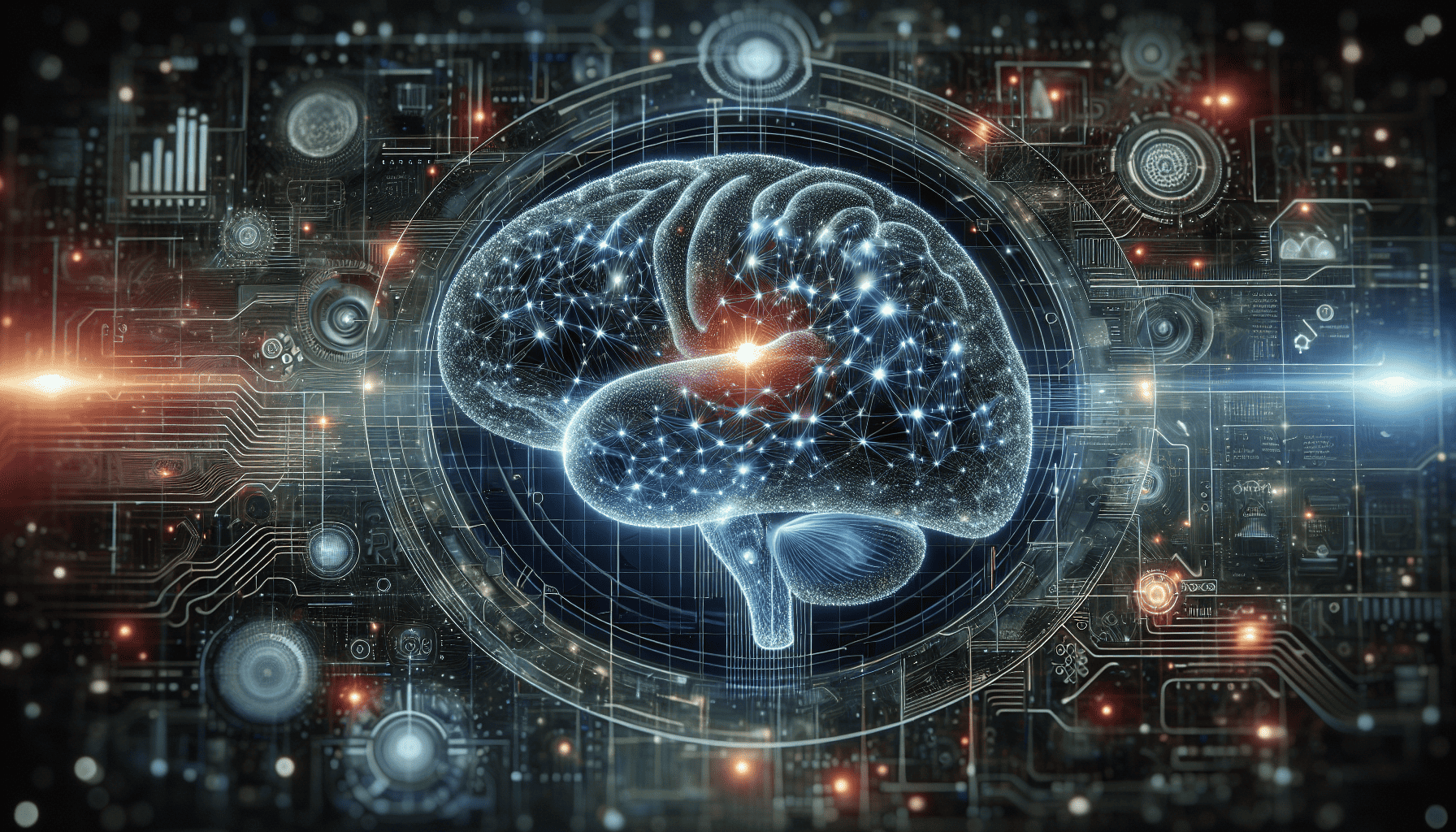The world stands at the cusp of an unprecedented technological revolution powered by artificial intelligence (AI). With its ability to mimic human cognition and perform tasks that traditionally required human intelligence, AI is reshaping industries, enhancing productivity, and transforming the way we live and work.
At the core of this transformation lies the development of intelligent systems capable of learning, reasoning, perceiving, and even predicting outcomes with high precision. These systems leverage vast amounts of data alongside advanced algorithms to derive insights, automate processes, and optimize operations across various sectors.
One of the most profound impacts of AI can be seen in the healthcare industry. AI-driven systems are revolutionizing diagnostics and treatment planning, enabling more accurate readings of medical images and the development of personalized medicine. Predictive analytics powered by AI help identify potential health risks and facilitate early interventions, thus improving patient outcomes and reducing costs.
In the realm of finance, AI is transforming risk management, fraud detection, and customer service. Financial institutions use AI algorithms to analyze transaction patterns to predict market trends and make investment decisions. AI-powered chatbots and virtual assistants provide round-the-clock customer service, enhancing customer experience and reducing operational costs.
The manufacturing sector is witnessing an AI-driven overhaul, with intelligent systems automating routine tasks, predicting maintenance needs, and optimizing supply chain operations. Robots equipped with AI are collaborating with human workers to increase efficiency and safety, thereby driving innovation and leading to smarter manufacturing processes.
AI's influence in education is on the rise, with personalized learning solutions offering tailored educational experiences and adaptive learning platforms that cater to individual student needs. This personal touch not only enhances learning outcomes but also equips students with skills essential for the future job market.
Retail businesses are harnessing the potential of AI to better understand consumer behavior and create personalized shopping experiences. Algorithms analyze purchase history and browsing patterns to recommend products, predict trends, and ensure inventory alignment with consumer demand.
Moreover, AI is playing a crucial role in addressing environmental and sustainability challenges. AI-driven models are used to monitor climate change patterns, manage energy consumption more efficiently, and develop sustainable solutions for agriculture, thus paving the way for a more sustainable future.
Despite its transformative potential, the AI revolution also ushers in challenges and ethical considerations. Issues such as data privacy, algorithmic bias, and the potential displacement of jobs require thoughtful deliberation and comprehensive policies to ensure AI systems are developed responsibly and equitably.
In conclusion, AI is not a future concept but a present reality, reshaping how industries operate and innovate. As AI continues to evolve, it holds the promise of unlocking new possibilities that can enhance human capabilities, drive economic growth, and improve quality of life across the globe. Embracing the AI revolution with responsibility, foresight, and inclusivity will be key to harnessing its true potential for the benefit of all.
